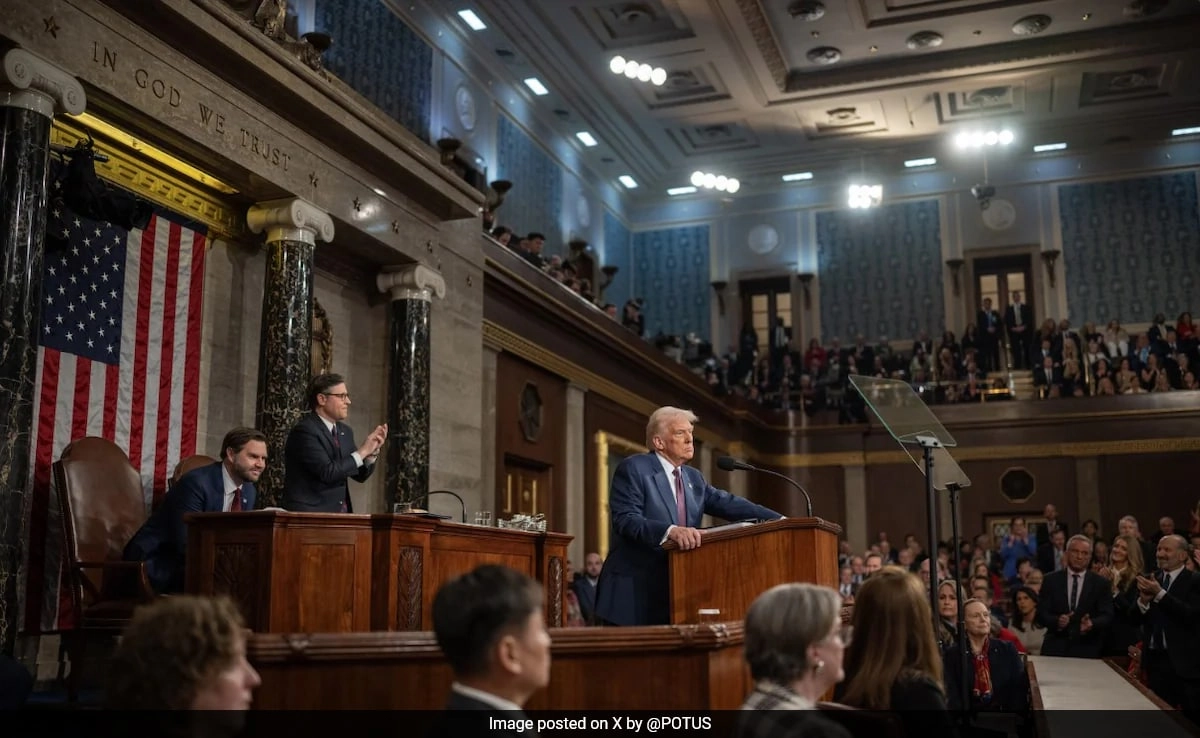In a recent event, a prominent U.S. political scientist sparked controversy by using a Hindi expletive to describe former President Donald Trump. This incident has raised eyebrows and ignited discussions about the intersection of language, culture, and political discourse in America. The choice of words reflects not only the speaker’s frustration with Trump’s policies and actions during his presidency but also highlights how political rhetoric can transcend cultural boundaries. The use of a Hindi term—often considered vulgar—underscores the deep emotions many individuals feel towards political figures, particularly those as polarizing as Trump.
Political language is often charged, and expressions of discontent can vary widely across cultures. In this case, the political scientist’s use of a Hindi expletive serves as a vivid illustration of how global perspectives can influence domestic political conversations. It raises questions about the appropriateness of such language in academic and public discourse, as well as its impact on the audience’s perception of the speaker’s credibility. While some may argue that such expressions convey genuine frustration and passion, others may see them as unprofessional or disrespectful, diminishing the seriousness of the issues being discussed.
Moreover, this incident highlights the broader cultural dynamics at play in contemporary American politics. The increasing diversity in the U.S. population has led to a more complex dialogue surrounding political issues, where language and expressions from various cultures are interwoven into everyday conversations. This reflects a shift towards a more inclusive discourse that recognizes the multiplicity of voices in the political arena. However, it also raises the challenge of ensuring that such expressions are understood in their intended context, avoiding potential misinterpretations that could detract from the underlying message.
As the political landscape continues to evolve, the use of language—especially charged or provocative language—will remain a significant aspect of political communication. This incident serves as a reminder of the power of words and how they can resonate differently across cultural contexts. As political scientists, commentators, and citizens engage in discussions about leadership and governance, the ways in which they articulate their views will undoubtedly shape the ongoing dialogue about the future of American politics. In the end, the choice to use a Hindi expletive may be a reflection of deeper sentiments towards leadership failures, emphasizing the emotional weight that politics can carry in the lives of individuals.




